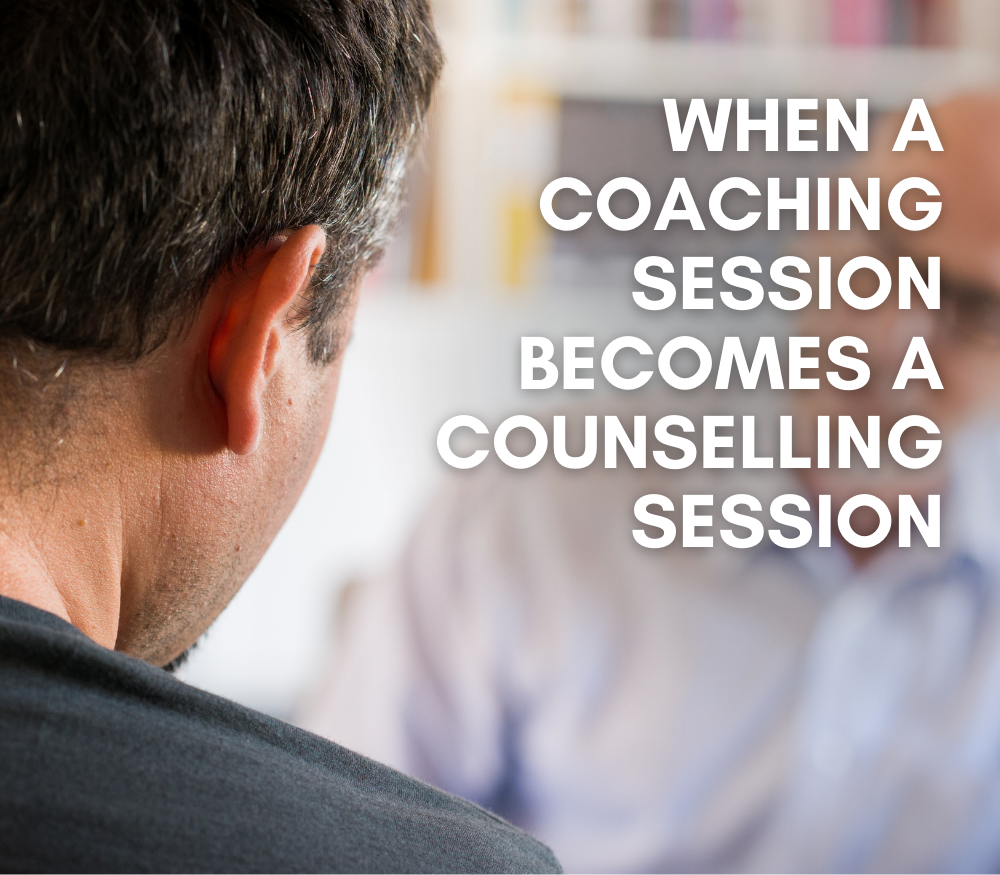- Home
-
Qualifications
- Diploma in Nutrition and Health Coaching
- Womens Health and Wellness Coach Certification
- Certified Coaching Professional Program
- Diploma in Coaching for Lifestyle & Wellbeing Management
- Holistic Wellness Coaching Program
- The Ultimate Triple Qualification
- Health Coaching Electives
- Wellness Coaching for Professionals
- Coach Gap Training
- Professional Certificate in Meal and Menu Planning
- Accreditation, Registration & Insurance Options
- Degree & Diplomas
- Short Courses
- Testimonials
- Enrol
- FAQs
- About
- Contact
- Login
- Things We Do
|
HOW TO MANAGE A COACHING SESSION RESPECTFULLY & COMPASSIONATELY. Our diverse and rich life journeys inform where we currently are and this is very clear when working with clients. As coaches we partner with clients to evoke and plan the changes they want to make in their lives. Our scope requires us to do this in a present and forward looking direction. Health Coaching Course * Women's Health Coaching Course * ICF Credential WHAT IS THE LINE BETWEEN COACHING & COUNSELLING?Coaching, although clearly distinct from counselling, draws on the client centred approach of Carl Rogers. Unconditional positive regard, acceptance and reflective and empathic listening can develop the coaching relationship quickly. When working with clients I feel privileged at the deep, introspective and open manner in which they partner with me. Their safety is paramount. As coaches there may be times we find ourselves in a situation where, from the safety of the coaching relationship, the client wishes to move into an area that is either at the border or outside our professional scope. From my own experiences it can be confronting. I have felt some concern about the possible impact on my relationship with clients when having to gently draw them back from looking deeper into significant past life experiences or relationships. I have felt greater concern when a client wanted to focus on a family member’s medical and substance use. Working in the helping space it is easy to default to wanting to make things “right” for our clients rather than working with them to develop their own priorities and plans. What is critical to recognise though is that we can not provide the help needed if we do not have the necessary professional expertise. It is unsafe for both our clients and for us. WHAT CAN YOU DO OR SAY IF A CLIENT RAISES ISSUES BEYOND COACHING SCOPE OF PRACTICE?Here are eight strategies I use that you may find helpful in a similar situation: 1. Be clear, compassionate and respectful about what you can and can’t do. 2. Explain “I don’t want you to find yourself in a place I don’t have the skills or experience to support you out of”. 3. Say “If at any point either of us feel this is outside the scope of coaching we agree to say so. If that happens we will discuss other options that may best serve you”. 4. During the session, guide the focus away from the past and back to the present and area for change. 5. Develop a database and network of practitioners and organisations for referrals. 6. Document action taken if a client referral is required. 7. Debrief with a mentor or supervising professional 8. Check in with the client by email Trust yourself - you will feel if a session or focus is becoming uncomfortable. As always, find what resonates with you and reach out if needed for guidance and support. BOOK A FREE CAREER & WELLNESS TRANSFORMATION PLAN TODAYAuthorLeanne Springers passion is inspiring and developing people through coaching, learning and mentoring.
0 Comments
Leave a Reply. |
AuthorsBev Whyfon; Bev's Healthy Food Archives
July 2024
Categories
All
|
|
CONNECT WITH US
|
- Home
-
Qualifications
- Diploma in Nutrition and Health Coaching
- Womens Health and Wellness Coach Certification
- Certified Coaching Professional Program
- Diploma in Coaching for Lifestyle & Wellbeing Management
- Holistic Wellness Coaching Program
- The Ultimate Triple Qualification
- Health Coaching Electives
- Wellness Coaching for Professionals
- Coach Gap Training
- Professional Certificate in Meal and Menu Planning
- Accreditation, Registration & Insurance Options
- Degree & Diplomas
- Short Courses
- Testimonials
- Enrol
- FAQs
- About
- Contact
- Login
- Things We Do



 RSS Feed
RSS Feed
